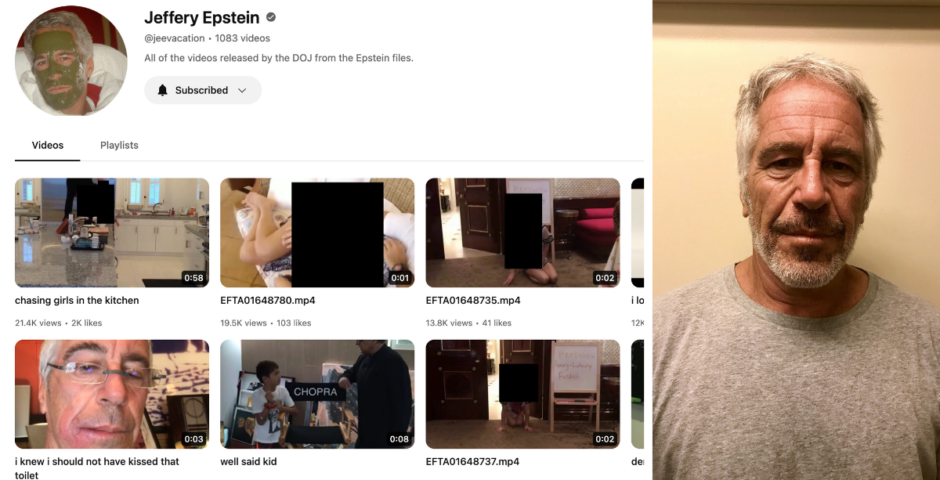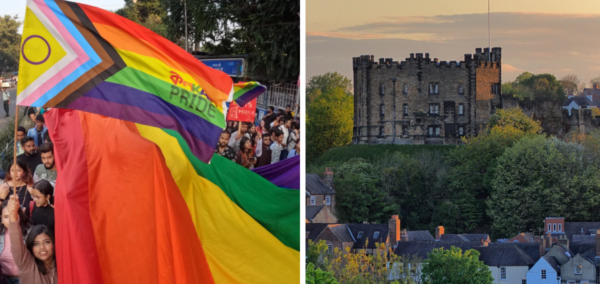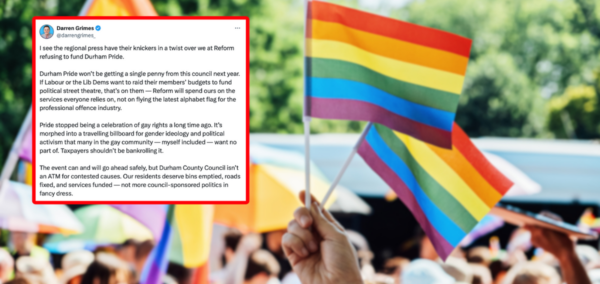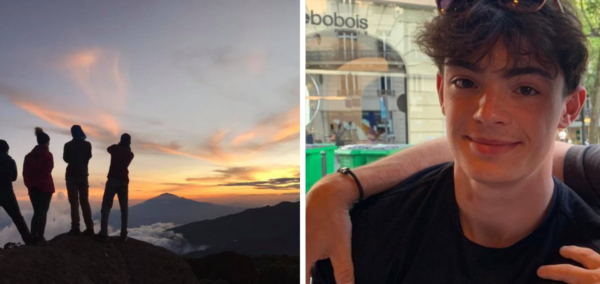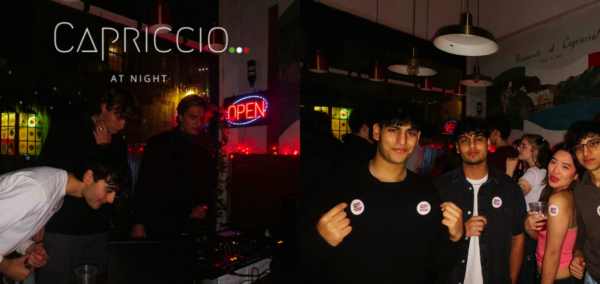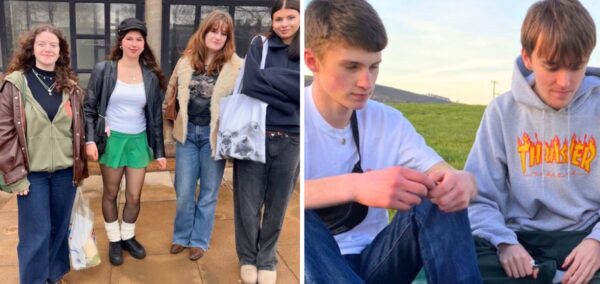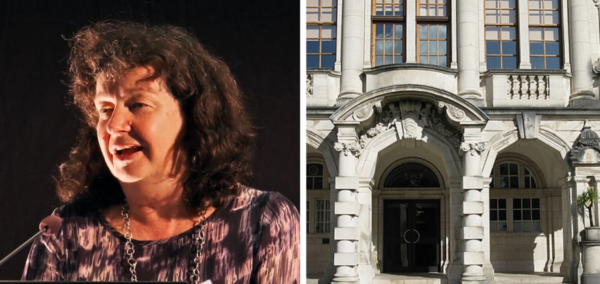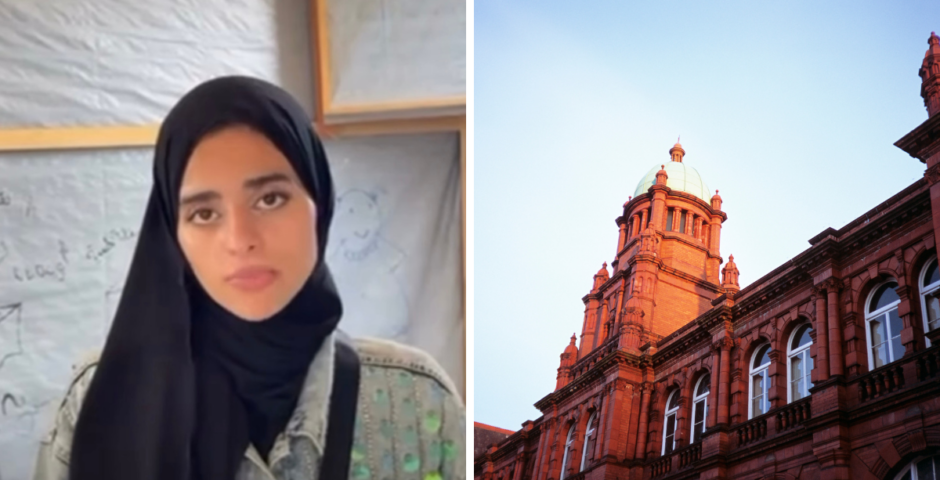
Five Durham University scholarship holders trapped in Gaza: The lives behind the students
‘Like over a million other women and girls in Gaza, I lost my home, my sense of safety, humanity and the life I had built – but I did not stop’
Five Durham University scholarship holders are currently trapped in Gaza, despite government plans for the evacuation of a number of students.
Around 40 funded scholarship students are expected to be brought to the UK in the coming weeks, in addition to others seeking private routes.
As of 26th August, nine students have been told they will receive assistance to leave Gaza under the Chevening Scheme.
According to the BBC, the Home Office has described the plan as “complex” and “challenging” due to the logistics of evacuating students from a conflict. Offer holders will likely be taken to a third country in the region for visa biometric checks, before being allowed to continue to the UK.
The move follows months of campaigning by politicians, academics, and others on behalf of more than 80 Palestinian students with offers from UK universities.
While the requirement for Israeli approval means no place is guaranteed, the plans have given some students hope they will soon be able to take up their studies.
The Durham Tab spoke to Durham Students for Palestine, who shared details on each prospective Durham student.
For Omar, the scholarship will ‘secure his life’
A qualified civil engineer from Gaza, Omar has been displaced more than 10 times since the conflict between Hamas and Israel began in October 2023, seeing both his home and university destroyed.
After gaining a first class honours degree in civil engineering in 2022, Omar, then working as a civil engineer, went on to secure the Durham Scholarship in 2024.
He described this as a “prestigious” opportunity for him to achieve not only his educational goals, but to “secure my life […] It’s a mission to rebuild Gaza”.
Leen lost everything but says she ‘did not stop’
Leen was recently awarded the Palestine Education Trust Scholarship to pursue an MSc in defence, development and diplomacy at Durham University.
She is among those forced to flee their homes in Gaza, having lost her home in Khan Younis after its destruction. Leen and her family have been continually displaced, moving between shelters and tents.
She said: “Like over a million other women and girls in Gaza, I lost my home, my sense of safety, humanity and the life I had built. But I did not stop”.
She previously worked as a women’s protection and empowerment officer with the International Rescue Committee, coordinating emergency services for women and girls subject to violence, after working for UNESCO’s gender-responsive education and post-conflict recovery.
For Leen, the programme serves not only as an academic achievement, but “a lifeline, a responsibility and a continuation of my fight for justice and dignity for my people”.
For Sana, education was always her ‘sanctuary’
Sana has been accepted onto the MA in educational leadership and change at Durham University, after graduating with a BA in English literature from Al-Azhar University in Gaza in 2018. Sana initially obtained her diploma in general education at Al-Aqsa University.
Before the conflict, the prospective Durham student worked as a teacher, writer, translator, and freelance trainer.
Now, Sana helps Palestinian children process trauma through art classes. “Education was always my sanctuary – and I chose to make it one for others too”, she said.
She also provides humanitarian aid and educational support through a recently founded grassroot organisation. It has already supported over 50 displaced students and was built because, Sana says, “no child should shiver through the night with nothing to protect them.”
In Sana’s neighbourhood, children are reportedly facing queues of between six and eight hours for water. “Their faces were sunburned and silent. Their eyes, far too old for their age. That image haunted me,” she explained.
Such experiences, she says, have inspired her activism, spurring her to purse the scholarship to empower children and offer “a light in the middle of the darkness”.
Omar Salah and his sister have written a book together
Omar Salah has said he is subjected to “only rubble and sorrow” amidst the district of Deir-al Balah where he lived. Here, it’s been reported that many basic needs are inaccessible, with internet, charging devices, and water containers limited.
After finding a place with reliable internet connection and electricity, the student released a video capturing the extent of Palestinian displacement. Omar and his sister have also written a book, titled Legacies in Blood, which details the stories of Palestinian people during the conflict.
Before receiving his scholarship at Durham, he worked as an English lecturer at the University of Applied Sciences. However, he was unable to continue his Master’s in translation studies at the Islamic University following electricity shortages.
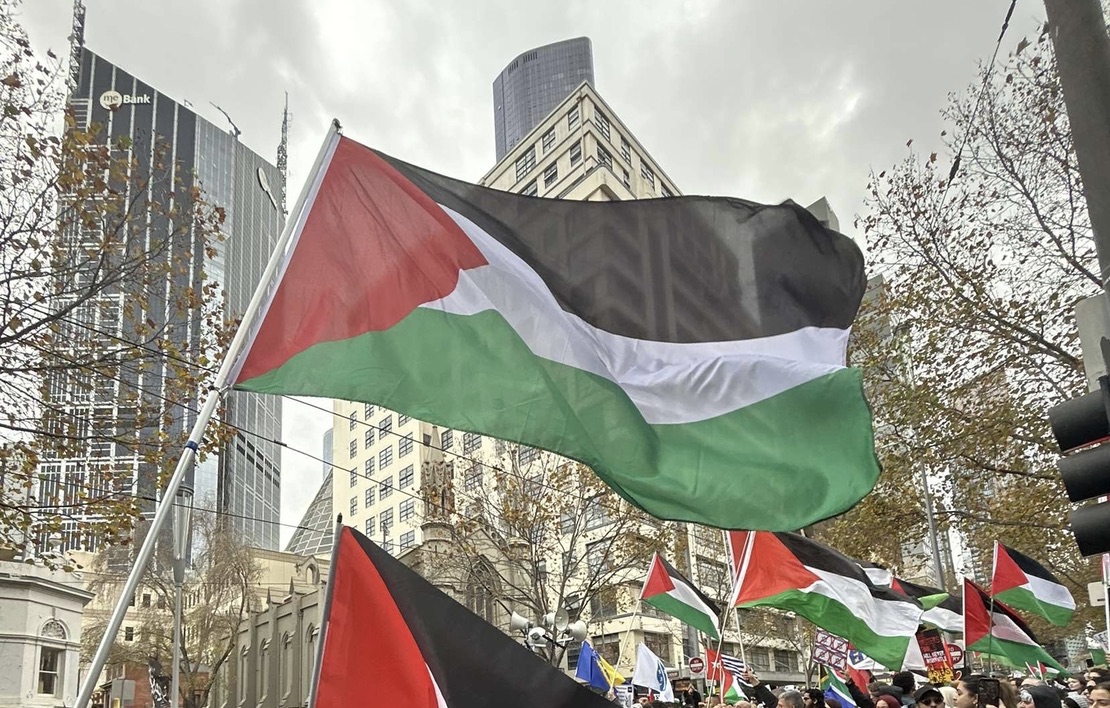
Durham University is urging the government to establish safe routes
On its website, the university has confirmed it is working in partnership with other universities and Universities UK to “urge the government to establish safe pathways for individuals holding offers to study at UK universities to leave Gaza and pursue their studies in this country.”
Durham says it is in contact with its scholarship offer holders in Gaza, and is collaborating closely with the Durham Palestine Educational Trust (DPET). This trust provides scholarships to Palestinian students and others, helping them to prepare for their anticipated arrival in Durham.
The university also offers support to students and staff directly affected by the conflict, including members of the DPET, the Jewish Society, the Islamic Society, the Student Union, the Chaplaincy, and line managers.
The wider events in Gaza
At least 64,231 people have been killed in Gaza since the Hamas-led attack on southern Israel on 7th October 2023, which left around 1,200 people dead and 251 others taken hostage.
The ministry also reports that 370 people have died from malnutrition and starvation in Gaza during the conflict, including three in the past 24 hours, with children among the most affected.
Many students’ education has been put on hold as millions of Palestinians have been displaced, seeking refuge in dangerous areas of southern Gaza such as Deir al-Balah.
Famine has been declared in parts of Gaza City, with the Integrated Food Security Phase Classification (IPC) warning at least one in five households face Phase 5 conditions. Around 22 per cent of Gaza’s population is now at imminent risk of starvation.
The Home Office did not respond to a request for comment.
Featured image via Canva and @thegaza40 on Instagram




